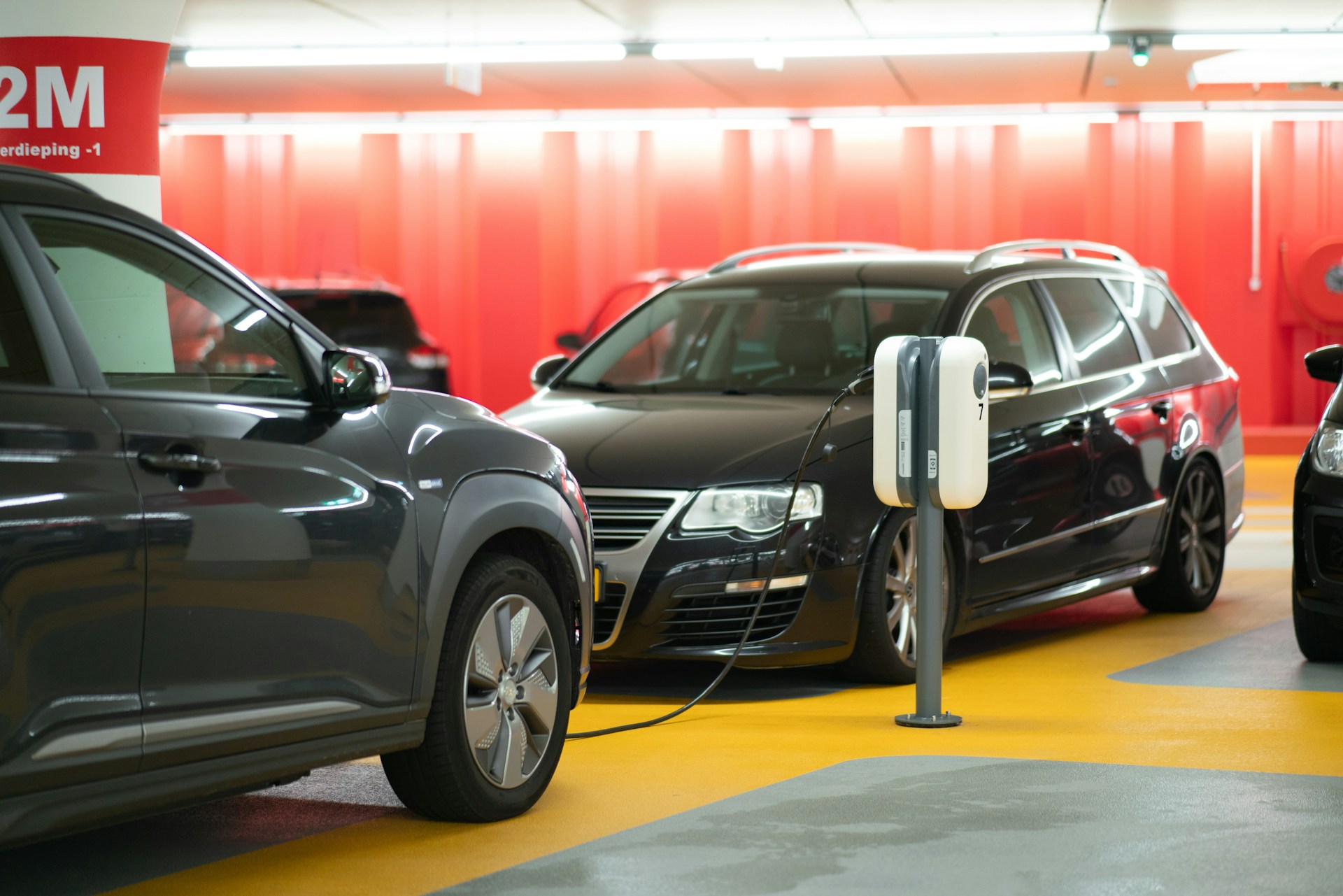Introduction
Electric vehicles (EVs) are gaining momentum as a sustainable alternative to traditional gasoline-powered cars. With advancements in technology and increasing environmental awareness, the future of transportation is undoubtedly electric. This article explores the key factors driving the growth of EVs, the challenges they face, and the potential impact on society and the environment.
Advancements in Battery Technology
One of the key factors driving the adoption of EVs is the improvement in battery technology. Modern lithium-ion batteries offer longer ranges and faster charging times, addressing one of the main concerns of potential EV buyers. Companies like Tesla, Nissan, and Chevrolet are continuously innovating to increase battery efficiency and reduce costs.
Recent developments in solid-state batteries promise even greater improvements. These batteries use solid electrolytes instead of liquid ones, which enhances energy density and safety. Solid-state batteries can potentially offer longer ranges and shorter charging times, further reducing the gap between EVs and traditional vehicles.
Additionally, advancements in battery management systems (BMS) are improving the performance and longevity of EV batteries. BMS optimizes the charging and discharging processes, ensuring that batteries operate within safe parameters and maintain their capacity over time.
Infrastructure Development
The growth of EVs is supported by the expansion of charging infrastructure. Governments and private companies are investing in the development of widespread charging networks, making it more convenient for EV owners to recharge their vehicles. Fast-charging stations are becoming more common, reducing the time needed to charge an EV and making long-distance travel more feasible.
Innovative charging solutions, such as wireless charging and ultra-fast chargers, are being developed to further enhance convenience. Wireless charging allows EVs to be charged without plugging in, using electromagnetic fields to transfer energy. Ultra-fast chargers can significantly reduce charging times, enabling EVs to be charged in minutes rather than hours.
Home charging solutions are also improving, with smart chargers that can optimize charging times based on electricity rates and grid demand. These chargers can integrate with home energy systems, allowing EV owners to use solar power or other renewable energy sources to charge their vehicles.
Government Policies and Incentives
Government policies and incentives play a crucial role in promoting the adoption of EVs. Many countries offer financial incentives, such as tax credits, rebates, and grants, to reduce the upfront cost of purchasing an EV. Additionally, governments are setting ambitious targets for EV adoption and phasing out internal combustion engine vehicles.
Regulations on emissions and fuel efficiency standards are also driving the transition to electric vehicles. Stricter emissions standards are encouraging automakers to invest in EV technology to meet regulatory requirements.
Environmental Impact
EVs produce zero tailpipe emissions, making them a cleaner alternative to traditional vehicles. By reducing our reliance on fossil fuels, EVs contribute to lower greenhouse gas emissions and improved air quality. As renewable energy sources like solar and wind become more prevalent, the environmental benefits of EVs will only increase.
The lifecycle emissions of EVs, including manufacturing and disposal, are also lower than those of traditional vehicles. Advances in battery recycling and sustainable manufacturing practices are further reducing the environmental impact of EVs.
Additionally, the widespread adoption of EVs can reduce noise pollution in urban areas, creating quieter and more livable cities.
Economic Benefits
The shift to electric vehicles can drive economic growth and job creation in various sectors. The EV industry creates jobs in manufacturing, research and development, and infrastructure development. Investment in renewable energy sources and smart grids can also stimulate economic activity and create new opportunities.
Moreover, EVs can reduce the economic burden of oil imports and price volatility. By relying on domestically produced electricity, countries can enhance their energy security and reduce their dependence on foreign oil.
Challenges and Future Outlook
Despite the numerous benefits, the adoption of EVs faces several challenges. The high upfront cost of EVs, limited charging infrastructure, and range anxiety are significant barriers. However, these challenges are being addressed through technological advancements, government support, and increased investment.
Battery costs are expected to continue declining, making EVs more affordable. The expansion of charging networks and the development of ultra-fast chargers will enhance convenience and reduce range anxiety. Consumer awareness and education about the benefits of EVs will also play a crucial role in driving adoption.
The future of electric vehicles is bright, with advancements in technology and infrastructure paving the way for a more sustainable and efficient transportation system. As the industry continues to grow, we can expect to see more innovative solutions that will make EVs an integral part of our everyday lives.
Conclusion
The transition to electric vehicles represents a significant step towards a more sustainable future. With advancements in battery technology, expanding charging infrastructure, supportive government policies, and growing environmental awareness, EVs are set to become the dominant mode of transportation. The impact of electric vehicles extends beyond environmental benefits, offering economic advantages and enhancing energy security. As we move towards a greener future, the widespread adoption of EVs will play a pivotal role in shaping a sustainable and efficient transportation landscape.


